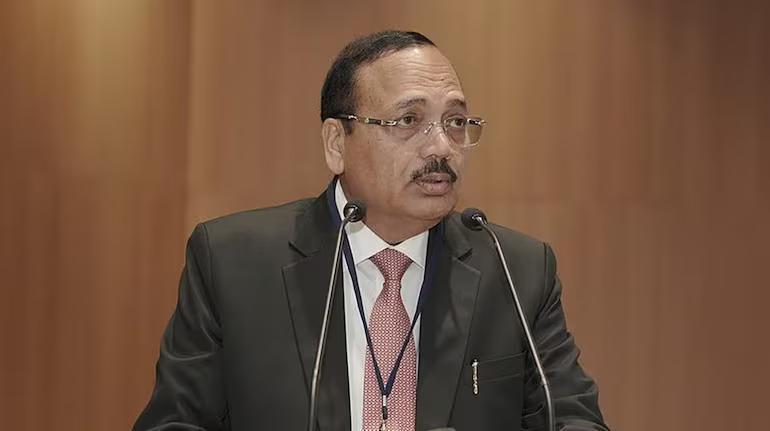
I aim to eradicate SC image as a court only for rich: New CJI Kant
The Indian judiciary has long been perceived as a bastion of justice, where the rule of law reigns supreme and every citizen is treated equally. However, over the years, a growing perception has emerged that the Supreme Court, the highest court in the land, has become a preserve of the rich and the powerful. The common man, it is often said, finds it difficult to access the apex court, owing to the exorbitant costs involved and the complex legal procedures. But, in a welcome move, the newly appointed Chief Justice of India, Surya Kant, has vowed to change this perception and make the Supreme Court more accessible to the common people.
In his maiden address after taking oath as the 53rd Chief Justice of India, Justice Kant explicitly stated that he aims to eradicate the Supreme Court’s image of being a court only for the rich and high-profile people. This statement assumes great significance, as it comes at a time when the judiciary is facing increasing criticism for being out of touch with the common people. Justice Kant’s assertion is a clear indication that he is committed to making the judiciary more inclusive and responsive to the needs of all citizens, regardless of their social or economic status.
“The SC’s true face is revealed when the common public’s case is argued first and they are given justice,” Justice Kant said, highlighting the need to prioritize the cases of ordinary citizens over those of the rich and powerful. This statement is a clear departure from the existing practice, where high-profile cases often receive priority over those of ordinary citizens. By emphasizing the need to give precedence to the cases of the common people, Justice Kant is sending out a strong message that the Supreme Court is committed to serving the interests of all citizens, and not just the privileged few.
Justice Kant took oath as the 53rd Chief Justice of India on Monday at the Rashtrapati Bhavan, marking the beginning of a new era in the Indian judiciary. His appointment comes at a critical juncture, when the judiciary is facing numerous challenges, including a huge backlog of cases, inadequate infrastructure, and a shortage of judges. However, despite these challenges, Justice Kant has expressed his determination to make a positive impact and leave a lasting legacy.
One of the key areas that Justice Kant is expected to focus on is the issue of access to justice. The Indian judiciary has long been criticized for being inaccessible to the common people, owing to the high costs involved and the complex legal procedures. To address this issue, Justice Kant has proposed a number of measures, including the establishment of more courts, the appointment of more judges, and the simplification of legal procedures. By taking these steps, he hopes to make the judiciary more accessible and user-friendly, so that ordinary citizens can seek justice without fear or favor.
Another area that Justice Kant is expected to focus on is the issue of judicial accountability. The Indian judiciary has faced numerous allegations of corruption and misconduct in recent years, which has eroded public trust in the institution. To address this issue, Justice Kant has proposed a number of measures, including the establishment of a more effective system of judicial accountability, the introduction of more transparent procedures for the appointment of judges, and the strengthening of the judiciary’s internal disciplinary mechanisms. By taking these steps, he hopes to restore public trust in the judiciary and ensure that the institution is accountable to the people.
In addition to these initiatives, Justice Kant is also expected to focus on the issue of judicial reform. The Indian judiciary is in dire need of reform, with many of its procedures and practices dating back to the colonial era. To address this issue, Justice Kant has proposed a number of measures, including the introduction of more modern and efficient court management systems, the use of technology to streamline court procedures, and the establishment of more specialized courts to deal with specific types of cases. By taking these steps, he hopes to make the judiciary more efficient and effective, so that justice can be delivered quickly and fairly.
In conclusion, the appointment of Justice Surya Kant as the 53rd Chief Justice of India marks a new era in the Indian judiciary. With his commitment to making the judiciary more accessible, accountable, and efficient, he has sent out a strong message that the Supreme Court is committed to serving the interests of all citizens, regardless of their social or economic status. His determination to eradicate the Supreme Court’s image of being a court only for the rich and high-profile people is a welcome move, and one that is likely to have a positive impact on the lives of ordinary citizens. As he begins his tenure as the Chief Justice of India, we can only hope that he will stay true to his words and work tirelessly to make the judiciary more inclusive, responsive, and effective.






